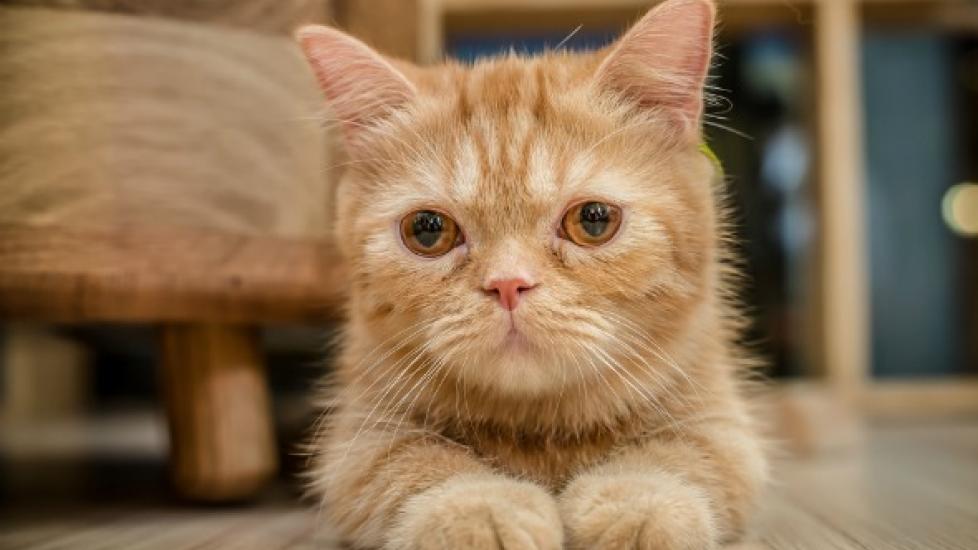Is Your Cat Sick or Stressed Out?
I have to admit it. I’ve been lying to cat owners for the last twelve years. Well, "lying" might be too strong a word; mistaken or just flat out wrong is probably more like it.
Ever since I graduated from vet school almost twelve years ago, I’ve been telling clients that stress alone wasn’t responsible for making their pets sick. I often get questions along the lines of, "We just moved, got a dog, had a child, etc., and now my cat is sick. Could the move, dog, or child be why?"
My answer has always been, "No, stress alone wouldn’t be enough to bring about illness. Yes, it could be why symptoms developed at this time or why they are worse than expected, but the disease must have been simmering just under the radar already."
Oops.
A study that was published in the January 1, 2011 issue of the Journal of the American Veterinary Medical Association (JAVMA) shows that this is not the case at all. Stress by itself was enough to make otherwise healthy cats vomit, bring up hairballs, urinate or defecate outside of the litter box, urinate or defecate less frequently than normal, have poor appetites, have reduced activity levels, be lethargic, and avoid social interactions. These symptoms of illness all disappeared when the cats’ stress levels returned to normal.
During the study period, the cats were stressed by things that all pets have probably gone through at one time or another: periods of cold temperatures; altered schedules; changes in who took care of them or where they lived; removing or rearranging furnishings or toys from their environment; loud noises, an absence of hiding spots or perches; and/or abrupt changes in diet.
The JAVMA study came to another conclusion that really shocked me. Sick pets — in this case, cats whose owners had decided to euthanize them because of feline interstitial cystitis but released them to the researchers instead — were just as adversely affected by stress as were the healthy cats. OK, not too surprising there. But when the cats with cystitis lived in a low stress environment they had no greater symptoms of illness than did the healthy cats living under the same conditions.
Wow. Remember, these were cats that were sick enough for their owners to decide to euthanize them. The cats with cystitis didn’t even receive the standard treatment for this frustrating disease. They were primarily fed dry food rather than canned and received no medications or prescription diets. Essentially, these cats were cured of their disease (for the duration of the control period at least, but it did go on for 66 weeks) as the result of stress relieving environmental enrichment only.
What does environmental enrichment mean? In this study, one person would pet, play, and talk with each cat by itself for several minutes a day; classical music was played for them for several hours in the morning and afternoon; and the cats were able to leave their cages for 60 to 90 minutes each day and interact with each other if they chose to. Cats had access to cat nip, treats and new toys when they were in their cages, and when in the "play room," they had toys and furniture for scratching and climbing.
This study gives cat owners both some bad and some good news. Yes, stress can make cats sick, but just a little attention from us and something to do at times throughout the day can actually ward off the symptoms of illness. So go play with your cat. She’ll be healthier for it.

Dr. Jennifer Coates
